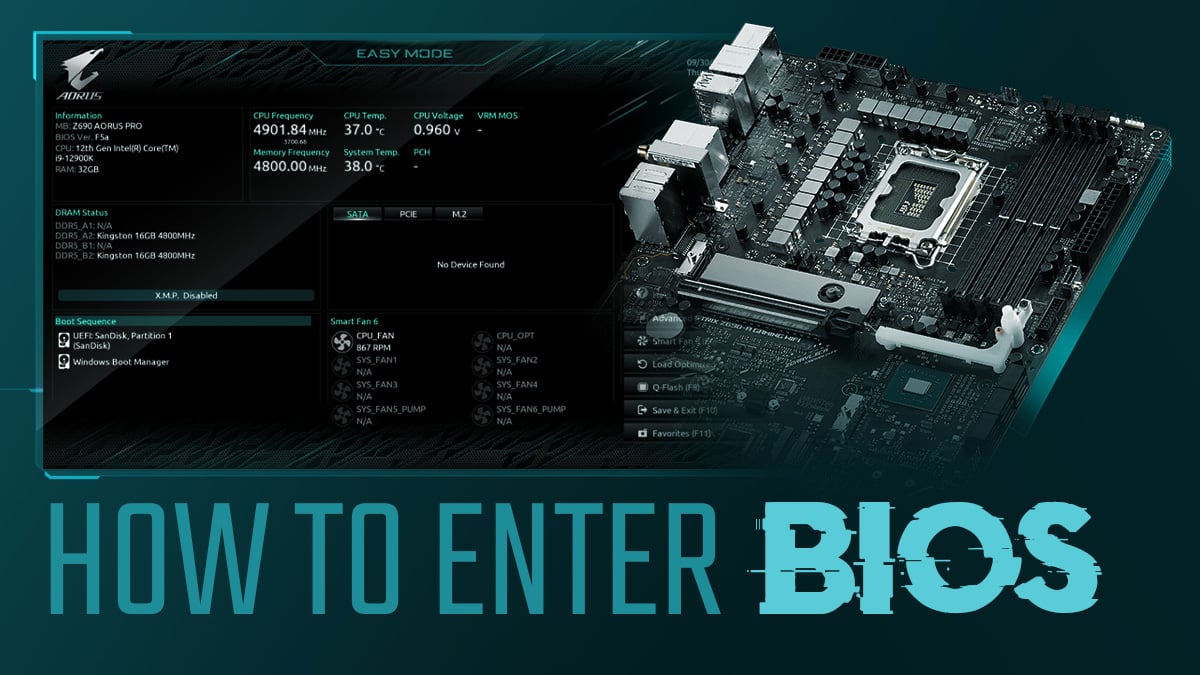Intel’s High-End Core i9 CPUs: BIOS Settings to Prevent Failures
**Addressing Stability Concerns**
In response to recent reports of stability issues affecting their high-end Core i9 processors, Intel has conducted an investigation and identified specific BIOS settings that may contribute to the problems.
Overridden Power Settings
The investigation revealed that motherboards from various manufacturers often disable or alter certain power-related settings by default. These changes, intended to enhance performance, can override Intel’s recommended safeguards designed to protect the CPUs from sustained high voltage and frequency.
Recommended BIOS Settings
Intel strongly recommends that motherboard vendors release BIOS updates that reinstate the following settings:
– Enabling Current Excursion Protection (CEP)
– Disabling the IccMax Unlimited bit
– Enabling Thermal Velocity Boost (TVB) and/or Enhanced Thermal Velocity Boost (eTVB)
Additionally, Intel advises caution when:
– Disabling C-states
– Using Windows Ultimate Performance mode
– Increasing PL1 and PL2 beyond Intel’s recommended limits
Official Statement and BIOS Updates
Intel plans to release a public statement along with specific recommended BIOS settings in May 2024. Motherboard manufacturers are expected to provide BIOS updates that incorporate these settings.
Affected Processors
The stability issues primarily affect unlocked Core i9 CPUs such as the i9-13900K and i9-14900K, as well as KF and KS variants. Some reports also indicate problems with i7-13700K and i7-14700K processors.
Intel’s Response
Intel emphasizes that these power settings adjustments from motherboard manufacturers go against their recommended defaults and can compromise the CPUs’ stability. The company maintains that motherboard makers are largely responsible for the current issues.
“While the root cause has not yet been identified, Intel has observed the majority of reports of this issue are from users with unlocked/overclock capable motherboards,” said Intel in a statement.
Next Steps
Intel’s investigation is ongoing, and the company encourages motherboard manufacturers to address the BIOS settings concerns promptly. Once the public statement and BIOS updates are released, it is crucial for users experiencing stability issues to apply the recommended settings to mitigate the risk of further problems.

